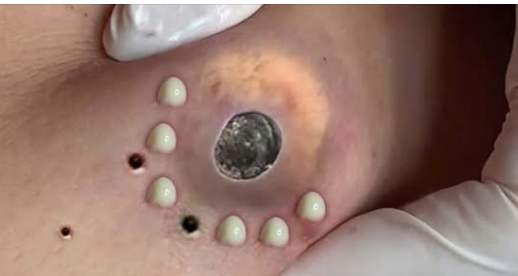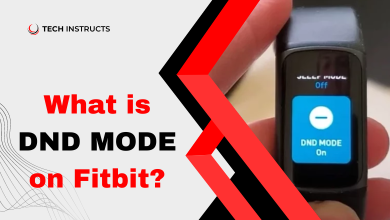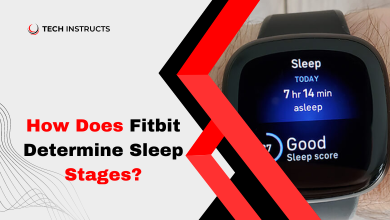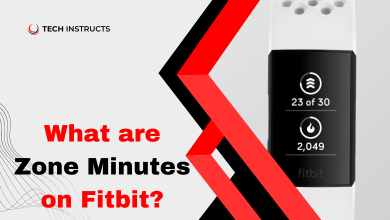What Causes Clogged Pores

What Really Causes Clogged Pores and How to Treat It Effectively. Acne is one of the most common skin concerns in the world, affecting people of all ages, not just teenagers. While some cases are mild and easily managed with over-the-counter creams or natural remedies, others are more persistent—and frustrating.
One of the key challenges in managing acne is understanding what causes clogged pores in the first place and knowing the best treatment path when basic skincare routines no longer work.
What Causes Clogged Pores?
Clogged pores happen when dead skin cells, oil (sebum), and sometimes bacteria get trapped in the skin’s hair follicles. This can result in blackheads, whiteheads, or inflamed pimples. Common causes of clogged pores include:
- Excess oil production
- Dead skin cell buildup
- Bacterial overgrowth
- Hormonal changes
- Poor skincare routines
- Certain cosmetic or skincare products
- High humidity or sweating
Understanding the root cause of your clogged pores can help you choose the most effective treatment and prevent future breakouts.
When Topical Treatments Aren’t Enough For Clogged Pores
For many, a consistent routine with gentle cleansers, exfoliants, and over-the-counter acne creams can help clear the skin. However, if you’ve been using topical treatments like gels, serums, or creams without improvement, it might be time to consider a stronger approach.
In cases where acne is severe, persistent, or covers a large area, oral medications are often the next step. These include:
- Oral antibiotics to reduce bacteria and inflammation
- Hormonal treatments such as birth control pills to regulate hormone-related breakouts
- Isotretinoin (Accutane), a powerful option for stubborn, cystic acne
Consulting a dermatologist is crucial before starting any of these treatments, as they often come with specific usage guidelines and possible side effects.
Additional Options: Laser Therapy and Minor Procedures
If you’ve tried everything—from creams to diet changes—and nothing seems to work, laser therapy may be worth considering. Laser treatments can help shrink oil glands, kill acne-causing bacteria, and improve the overall texture of your skin. This is a non-invasive option that more people are turning to when traditional treatments fail.
In some cases, minor surgical procedures may be recommended to remove deep cysts or clear out clogged pores that resist other forms of treatment. These procedures are typically quick and performed under local anesthesia by a dermatologist.
Treating Hormonal Acne from the Inside Out
Hormonal imbalances are often at the core of adult acne, especially in women. If breakouts are linked to your menstrual cycle, stress levels, or other hormonal factors, it’s important to take an inside-out approach.
This might include:
- Supporting hormone balance through diet and lifestyle changes
- Using supplements like zinc or DIM (diindolylmethane) under medical guidance
- Managing stress through exercise, meditation, or therapy
While hormonal acne can take time to improve, balancing your body internally is one of the most sustainable ways to achieve clear, healthy skin in the long run.
If you’re dealing with acne that doesn’t respond to topical treatments alone, know that you’re not out of options. From oral medications and hormone-balancing strategies to laser therapy and minor procedures, there are multiple proven ways to get your skin back on track.
Always consult a dermatologist to determine the best path forward for your skin type and severity. With the right plan, clearer, healthier skin is possible.





